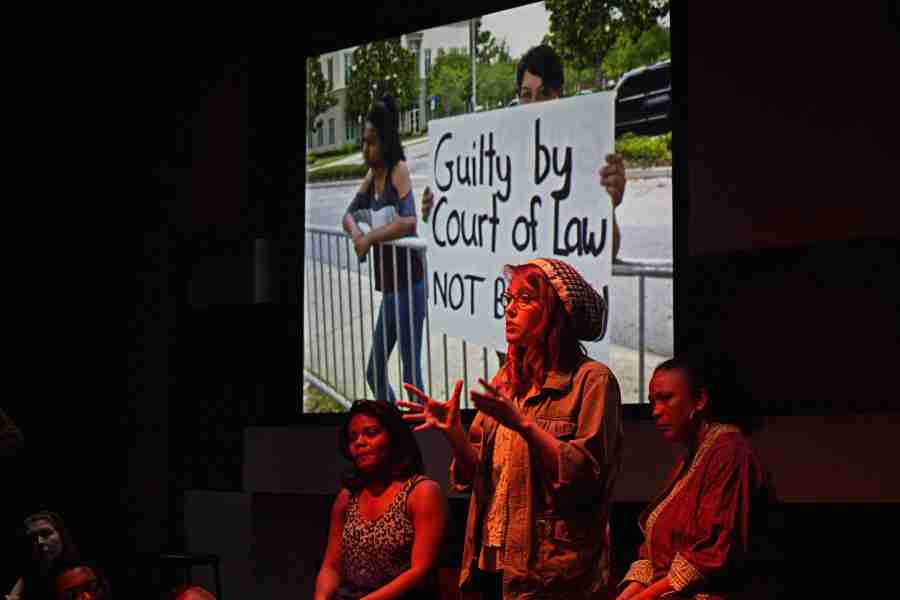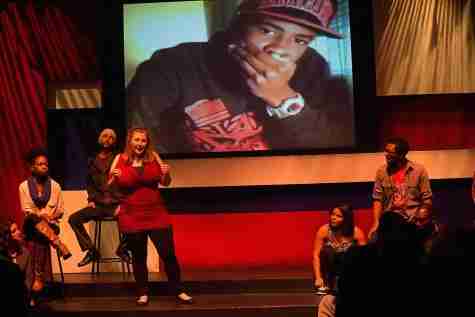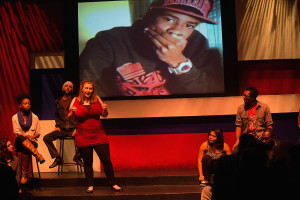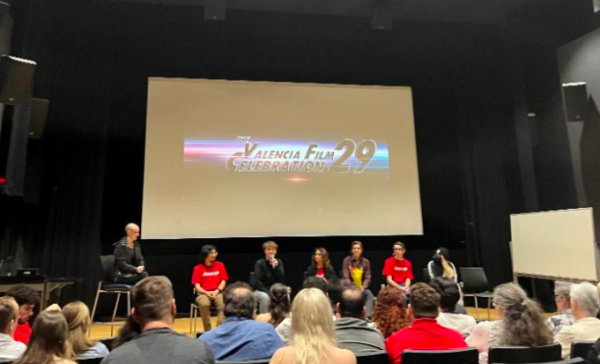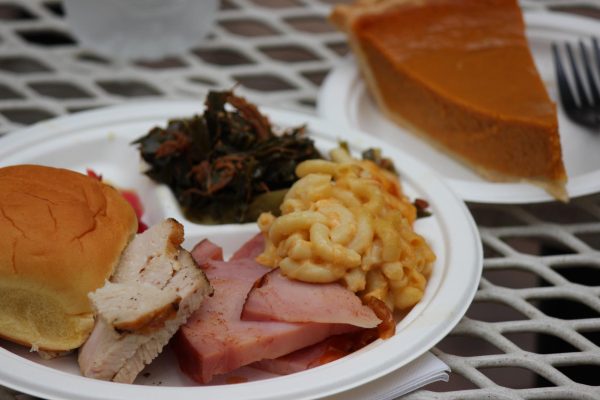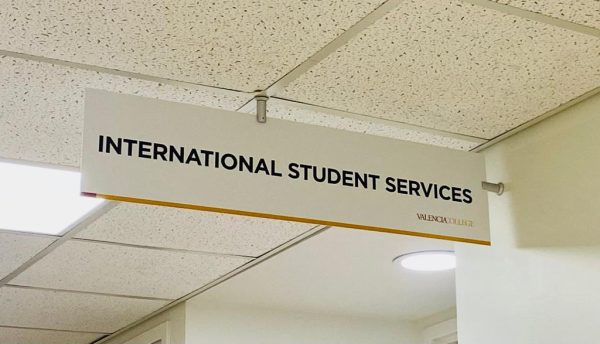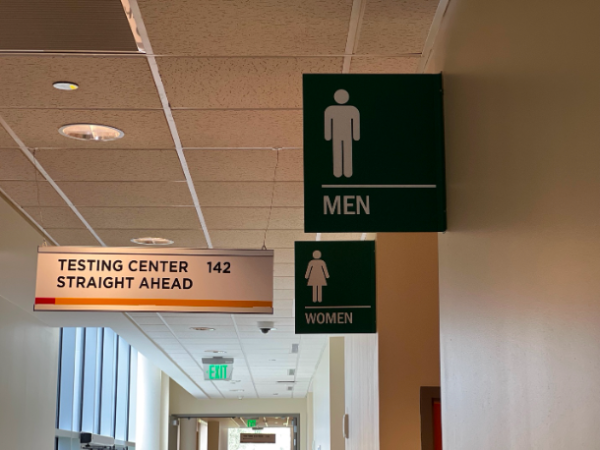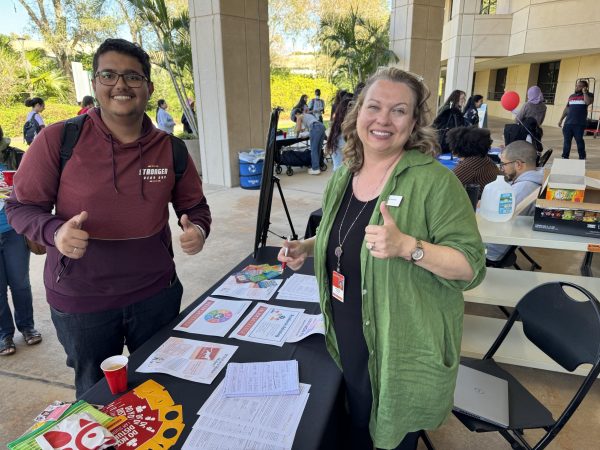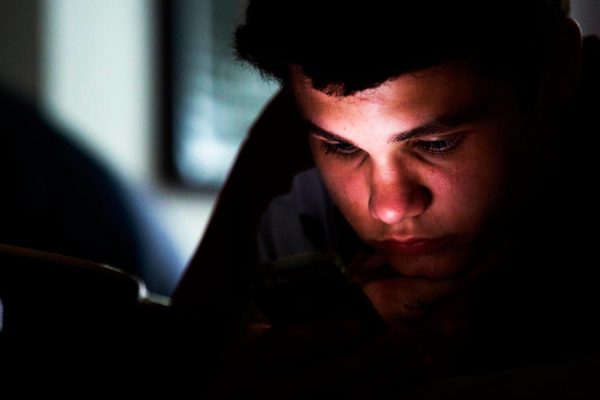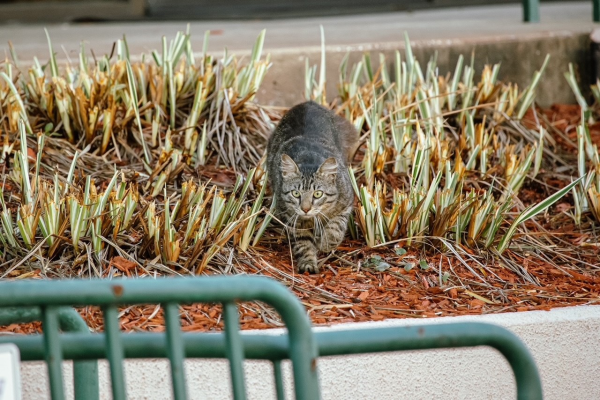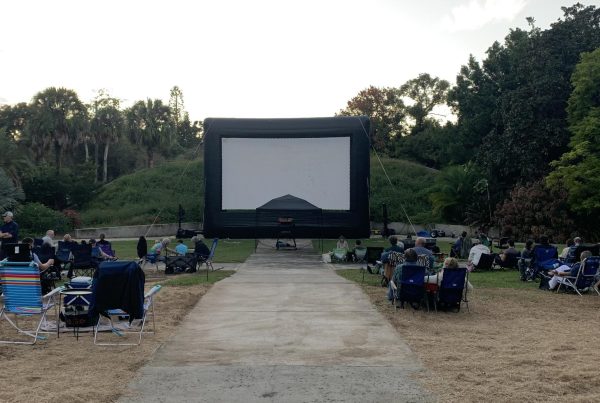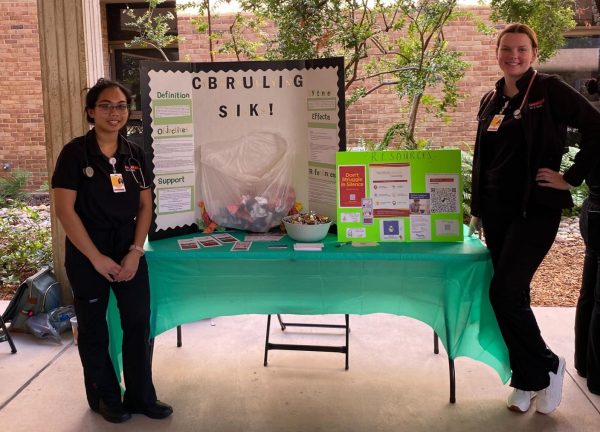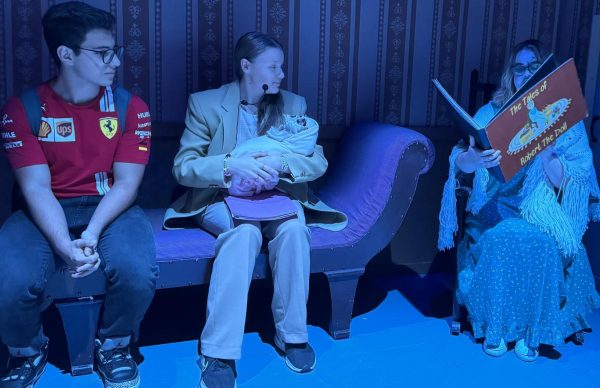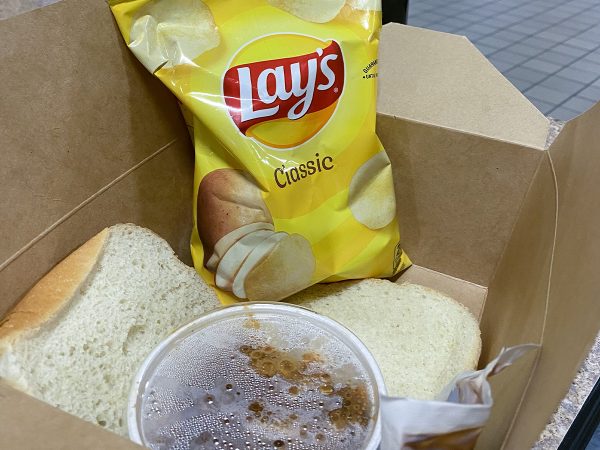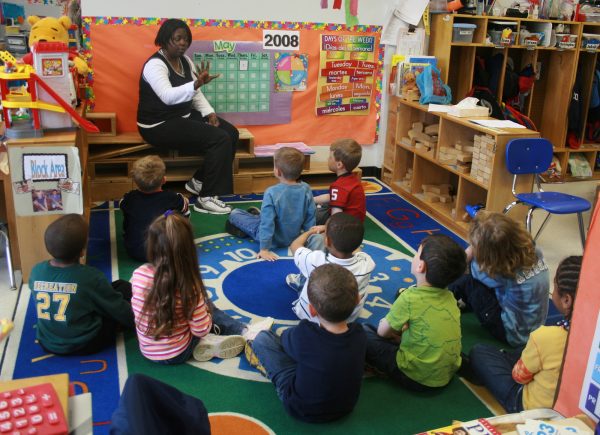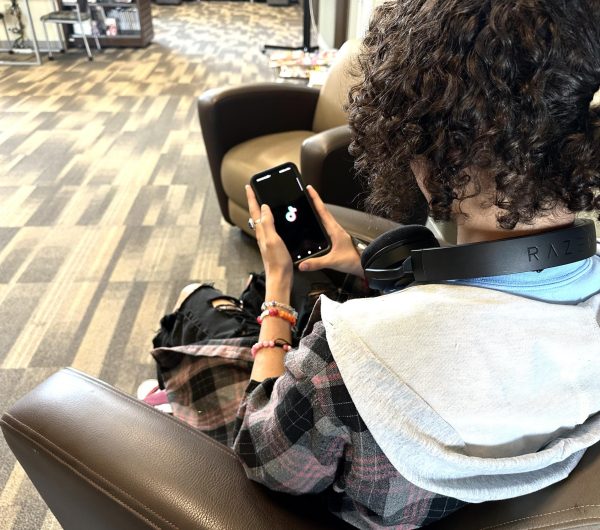Spotlight: ‘Division – The Trayvon/Jordan Project’
One unarmed teen killed on Feb. 26, 2012 in Sanford. Another unarmed teen killed in the same state on Nov. 23, 2012 in Jacksonville — two dates that will forever live in grim infamy.
Two boys were shot and killed. Both were seventeen, both were unarmed, both lived in Florida and both of them were black. One was wearing a hoodie while the other was playing music. Neither one expected to never come home again. The cases stirred mass racial and political hysteria, sparking marches and movements all over the United States.
The “Trayvon/Jordan Project — Diversity,” a play currently being performed on Valencia East Campus throughout Feb. 16, illustrates the struggle America faces as the deep line between white and black is drawn in the sand; as well as the need for unity. The topic of race is no stranger to public conversation as well as denial and stereotyping.
The play itself was comprised of over 140 pages of interviews conducted by the playwrights, all Valencia College students. Each line in the play coming from a direct quote from the interviews of different individuals, including lawyers, media personalities, political activists, professors, students, those affected by the event, and those who had no connection whatsoever. Francis Oliver, social activist out of Sanford, served as a key player in the play for her role during the George Zimmerman trial. Oliver was a leader in the justice for Trayvon Martin protest.
“I want people to know that there is peace. There is justice. There is hope,” said Oliver, during opening night of “Trayvon/Jordan Project — Diversity,” which was packed to capacity with standing room only. “We just have to keep striving for it.”
Had Martin been white, would the case have been looked at with different eyes? This is one of the plethora of questions raised in the 90 minute play. It also brings the story of Jordan Davis, a teenager shot and killed in his car for playing loud rap music. He and his friends were believed by the shooter to have a weapon when the reality was they had nothing.
“Another one.”
It was another death of a teenager in Florida. But more than that, it was another senseless tragedy due to blind typecasting. “Black” has been the synonym for crime it seems. “Black man” has become the definition by so many as criminal.
What has society come to?
We all do it every day, whether we admit it or not. We look at another person and assume we know the basis of their character. In doing so, we ostracize who is different from we are. In doing so, we defend ourselves for our ignorance and perpetuate it into action.
“It isn’t racism,” said Ron Davis, father of Jordan Davis. “I call it colorism. We can’t be color-blind as people. We must embrace diversity.”
Davis talked experiencing every parent’s worst nightmare. He recalls the night they saw reports of Trayvon’s death on television and hearing Jordan say: “Dad, he looks like me. He’s 17 like me. Why did they kill him?'”
During the talk-back one student stated he “fear for the safety as a young black man for my little brother.”
The play was written as a way to break stereotypes, and, that is the first step of bettering the next generation. Understanding is the key. In order to stop the genocide of black youth, we must understand each other and not resort to violence.
“Just because you have a gun and a right to use it, It does not mean you should act on it,” said Davis.
When lives are at stake, we should never act on our bias. We must listen to one another.
“It’s one thing to listen,” said an actor in the show. “It is another thing to truly hear.”
That was the main purpose of “Division.” It is up to us as people and as a nation to learn from these situations and change the way we see other people. Lives matter, regardless of color.
The “Trayvon/Jordan Project — Division” is now being shown at Valencia East Campus Black Box Theater, until Feb. 16. For showtimes and tickets, please visit www.valenciacollege.edu/arts.

